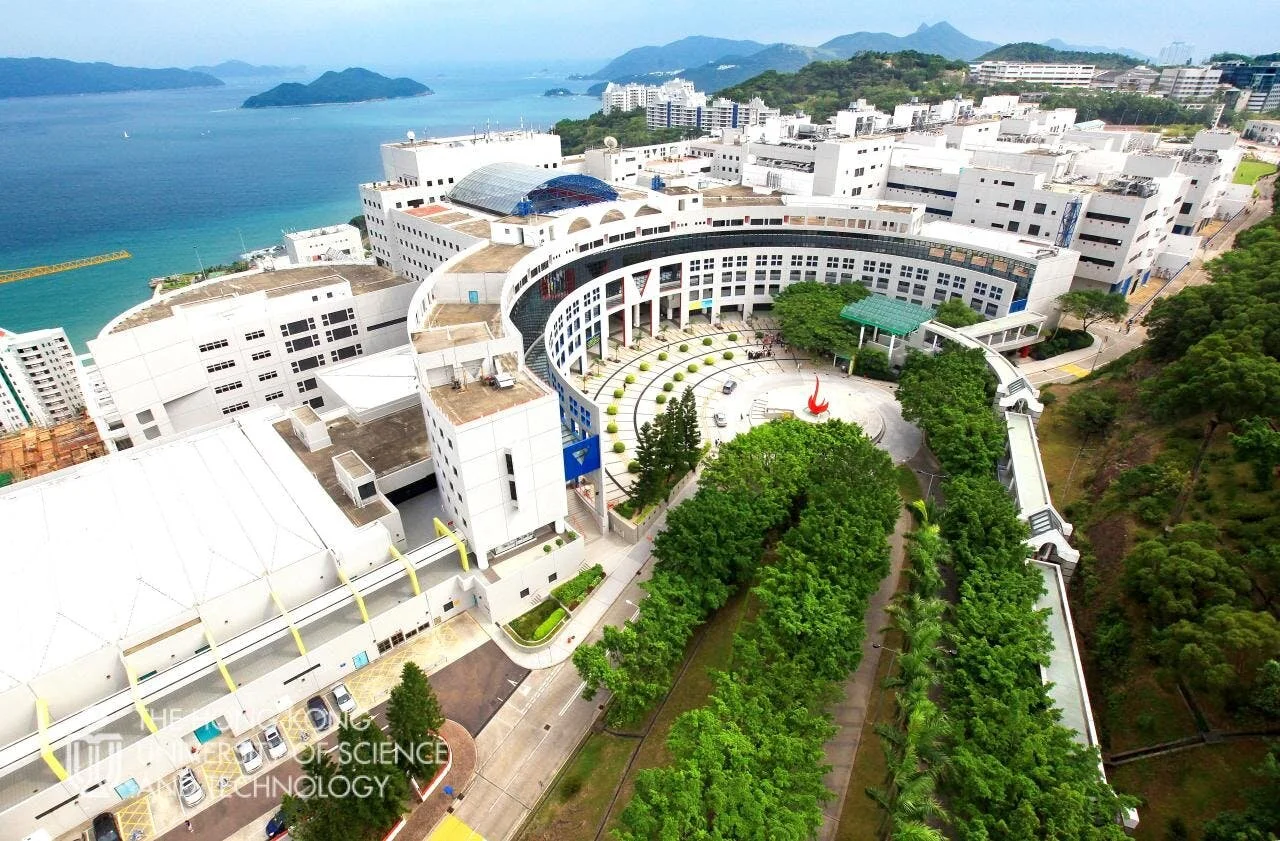What is a smart campus?
The term ‘smart campus’ is broad and not well defined. We shed light on what a ‘smart campus’ could be.
Smart campus explained
The term ‘smart campus’ is broad. Generally speaking, ‘smart campus’ refers to an institution that has implemented internet-connected devices, data analytics and other digital technology to improve services and operations.
The Smart Campus Initiative team at BCIT considers a ‘smart campus’ to be a campus that uses digital technology to enhance student learning and experience, improve sustainability and campus operations or support a culture of research and innovation.
We are working towards a future where modern, digital technology supports everything we do. Our goal is to create a smart campus that is dynamic, adaptive and continuously unlocking the potential of technology for future-proof applied education.
Imagining the smart campus of the future
This summer, we asked BCIT staff and faculty to imagine the smart campus of the future. Take a virtual walk through an engine room on campus to see how some of these smart campus ideas could apply in a traditionally hands-on classroom.
Smart campus: examples and inspiration
We’ve compiled examples of smart campus activities from around the world. Does anything below spark an idea that could be useful to BCIT? Let us know.
The Hong Kong University sustainable Smart Campus
Honk Kong University has allocated $50 million to projects across campus that showcase sustainable and smart thinking, transforming the campus into a living lab for smart sustainability.
Sensors, mobile apps and data for smart parking: Arizona State University
ASU combined parking lot entry and occupancy data to deliver color-coded parking availability via both mobile and web apps, allowing students and visitors to plan their travel accordingly.
Students develop smart campus tech: BOWIE State University
As part of a capstone project, students developed a tech solution to automate preventative and corrective maintenance for equipment and facilities on campus.
wayfinding ecosystem: University of Technology Sydney
UTS created a wayfinding ecosystem made up of physical and digital signs using smart navigation software. The smart system populates digital screens and kiosks with live maps and dynamic content.
Delivering new experiences for students: Deakin University
Deakin University’s digital systems are changing the way its students engage with learning. As a result the institution has gained a significant edge against competitors.
Smart campus digital twin: Ryerson university
Ryerson University is integrating infrastructure, location, and transportation data, to create a “digital twin” replica of the campus, which will ultimately serve as a small-scale model of a smart city.
Share your ideas for a smart campus
Our work towards a smart campus has only just begun. We are currently seeking ideas to help us determine the possibilities for what the smart campus at BCIT could be.
If you have an idea or suggestion for our digital campus of the future, we want to hear from you.







